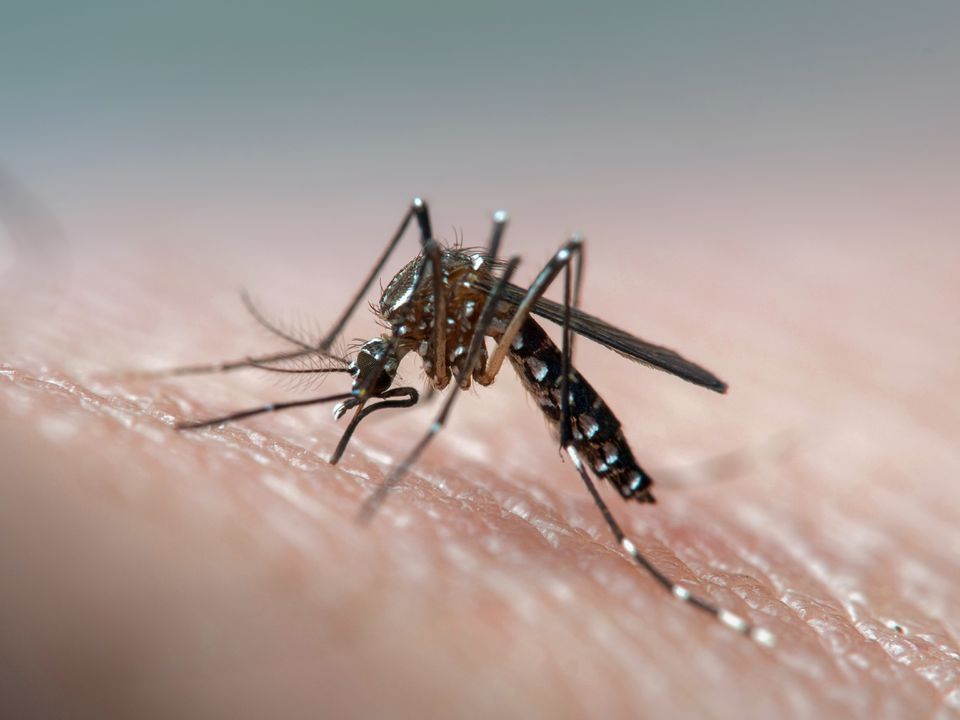Dengue is a mosquito-borne disease which is caused by the bite of an infected mosquito. It causes flu like symptoms and can be fatal. So you might have several questions regarding it. This FAQ guide will help you answer most of the common questions and treat the disease better.
What are the symptoms of dengue fever?
Dengue causes flu like symptoms and can last from 2-7 days. The symptoms are: high fever, headaches, pain behind the eyes, nausea and vomiting, swollen glands, joint or muscle pains and rashes. Usually high fever is accompanied by two of the above symptoms.
What is the treatment of dengue?
There is no specific cure of dengue fever. In this case antibiotics are not much of a help. Paracetamol can be taken to bring down the fever. You need to take plenty of bed rest, drink lots of fluids to avoid dehydration and avoid getting bitten by mosquitoes during the first week of illness.
How does dengue spread?
Dengue is spread by the bite of an Aedes mosquito. It transmits the disease by biting an infected person and then biting someone else.
Where does dengue mosquitoes breed?
These mosquitoes exist in areas close to human population. They lay eggs in water-filled containers inside the house or in the surrounding areas. The eggs hatch when they come in contact with water. They are capable of surviving for months and can sustain in extremely dry conditions.
Once you are affected, how soon the symptoms show up?
The symptoms usually show up after 4 to 6 days after getting bitten by a mosquito carrying the dengue virus.
Is dengue fever contagious?
No, dengue fever is not contagious. It does not spread through touch.
Can dengue fever become dangerous?
The infection have chances of becoming dangerous as it can damage the blood vessels. The damage can result in leakage of blood fluid into the organs and can also completely break down the blood vessels that cause the bleeding.
Can you die from dengue fever?
Dengue fever can be developed into dengue haemorrhagic fever (DHF) or dengue shock syndrome (DSS). If it is treated poorly or not in time, then death can occur.
Is there a vaccine to prevent dengue fever?
There are no vaccines currently available in the market.
Are there any long term ill-effects of dengue fever?
Most people recover in one – two weeks from dengue fever while some may feel tired for several weeks.
What should the doctors treating dengue avoid?
Doctors should keep following points in mind. They should not prescribe aspirin, ibuprofen or other medication that reduces the platelets and increases the chances of bleeding. Intravenous (IV) fluids should not be given unless the patient is bleeding or the hematocrit level is rising rapidly. Blood transfusion should be avoided unless haematocrit is falling drastically. Avoid giving platelet transfusion unless the count is very low or unless there is bleeding.





